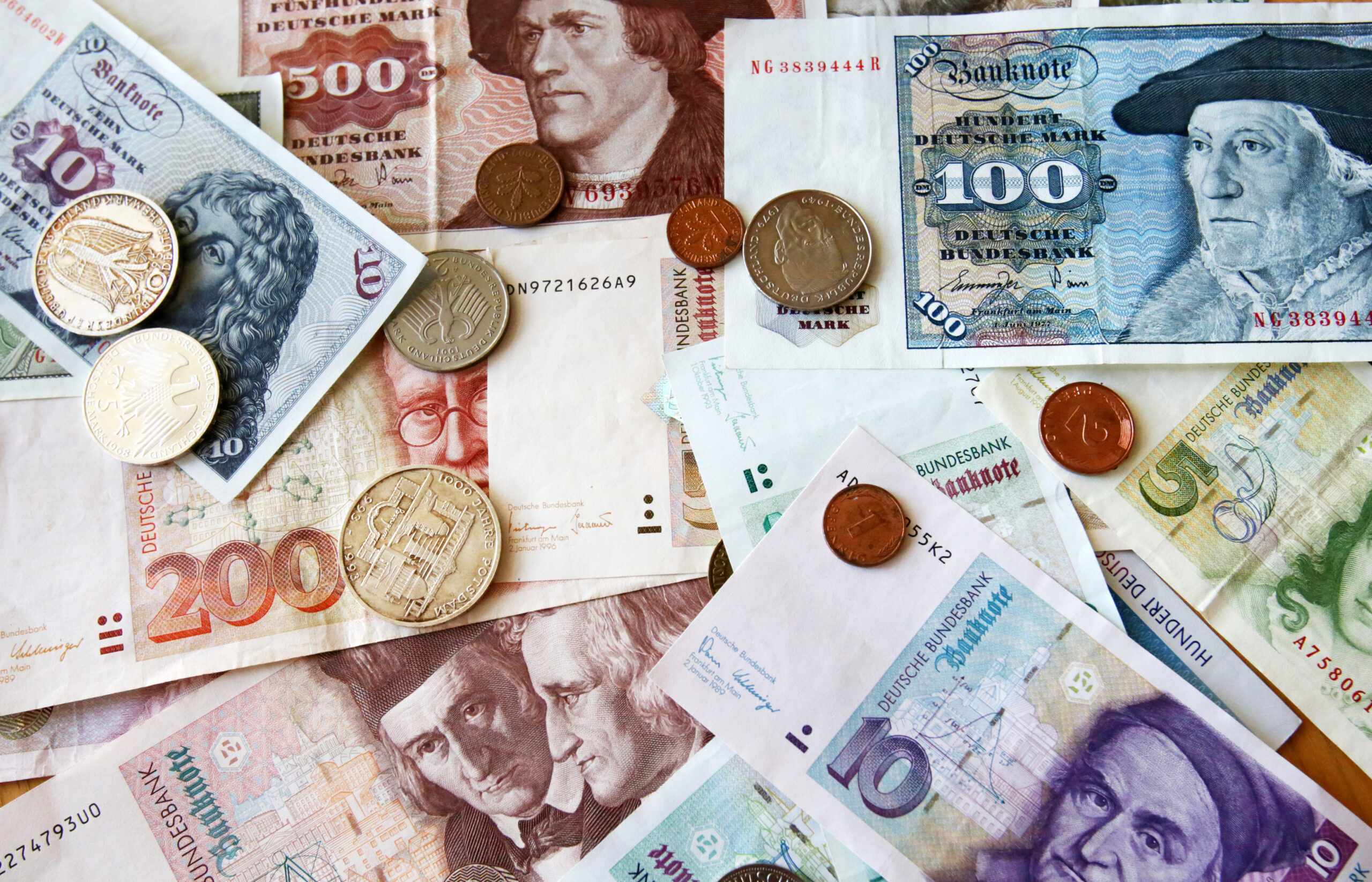
Agency Report
Frankfurt – Almost a quarter of a century after the introduction of the euro, Germans are still exchanging massive sums of their former currency, official figures showed on Saturday.
According to data from the Bundesbank, Germany’s central bank, some 53 million Deutschmarks worth around €27.2 million ($28.1 million) were exchanged in 2024.
The figure was a slight drop from 2023, when around 58 million Deutschmarks were handed in.
Germany is one of six countries – along with Austria, Ireland, Estonia, Latvia and Lithuania – that still allow their former currencies to be exchanged for euros.
The euro was formally introduced on January 1, 2002, with 20 countries now official members of the eurozone.
More than 20 years on, the Bundesbank estimates that up to 12.2 billion Deutschmarks, worth around €6.24 billion, are yet to be exchanged.
In total, an average of 542 Deutschmarks were submitted in 98,165 transactions with the Bundesbank in 2024.
A number of large finds were reported over the year, including one family who discovered a tin containing 250 Deutschmark notes in their garden, worth some €4,600.
However, some of the old banknotes and coins may never be exchanged – for example, because they are in the hands of collectors or abroad.
“The [Deutschmark] was an internationally recognized currency that was also used outside of Germany,” said Bundesbank board member Burkhard Balz. “There are therefore probably still large quantities of [Deutschmark] cash abroad,” he added.